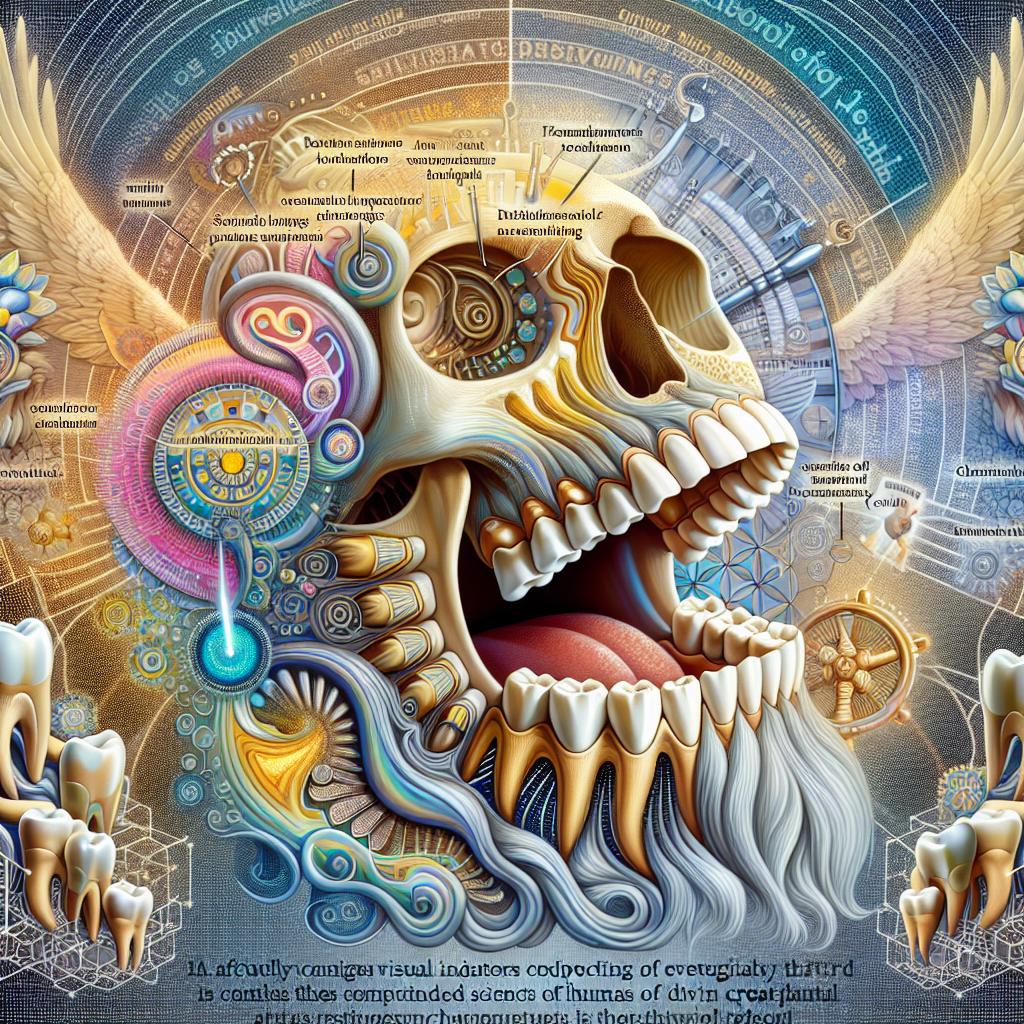
Divine Insights: Unveiling the Truth Behind Wisdom Teeth in Christian Evolution
Published: 22 May 2024
Are Wisdom Teeth Vestiges of Human Evolution?
Wisdom teeth, also known as third molars, have long been considered vestiges of human evolution. The prevailing theory suggests that our ancestors had larger jaws, which provided enough room for 32 permanent teeth, including wisdom teeth. However, as humans evolved, their jaws became smaller, resulting in a lack of space for these third molars. As a result, wisdom teeth often become impacted or blocked from erupting. This view has been supported by the idea that wisdom teeth are useless and can cause various dental problems.
Recent research challenges this traditional explanation and offers alternative reasons for the problems associated with wisdom teeth. It suggests that the main causes of these issues are not evolutionary changes but rather factors such as changes in diet, lack of proper dental care, and genetic factors including mutations. The shift from a coarse abrasive diet to a softer Western diet has had an impact on the development and eruption of wisdom teeth. Additionally, the routine removal of wisdom teeth in the past may have contributed to the perception that they are vestigial.
It is now widely acknowledged that wisdom teeth are not vestigial organs but serve a purpose in chewing our food, just like all other teeth. Wisdom teeth extraction was once a common practice, but recent research suggests that it is often unnecessary. Only when a problem arises should wisdom teeth be treated as any other teeth, with efforts made to save them before resorting to extraction.
Why This Matters
The belief that wisdom teeth are vestigial organs has influenced the unnecessary removal of billions of teeth over the years. Understanding the true nature and purpose of wisdom teeth can help prevent unnecessary dental procedures and minimize associated complications. By challenging the outdated notion of wisdom teeth as useless trouble-makers, we can save millions of dollars in medical expenses and spare countless individuals from the pain and complications associated with surgery.
Think About It
Consider how advancements in our understanding of teeth and jaw development have led to a reevaluation of the traditional view of wisdom teeth. How does this challenge our assumptions about evolution and the role of vestigial organs? Reflect on the impact that diet and lifestyle have on our dental health and how changes in these factors can affect our oral development.
